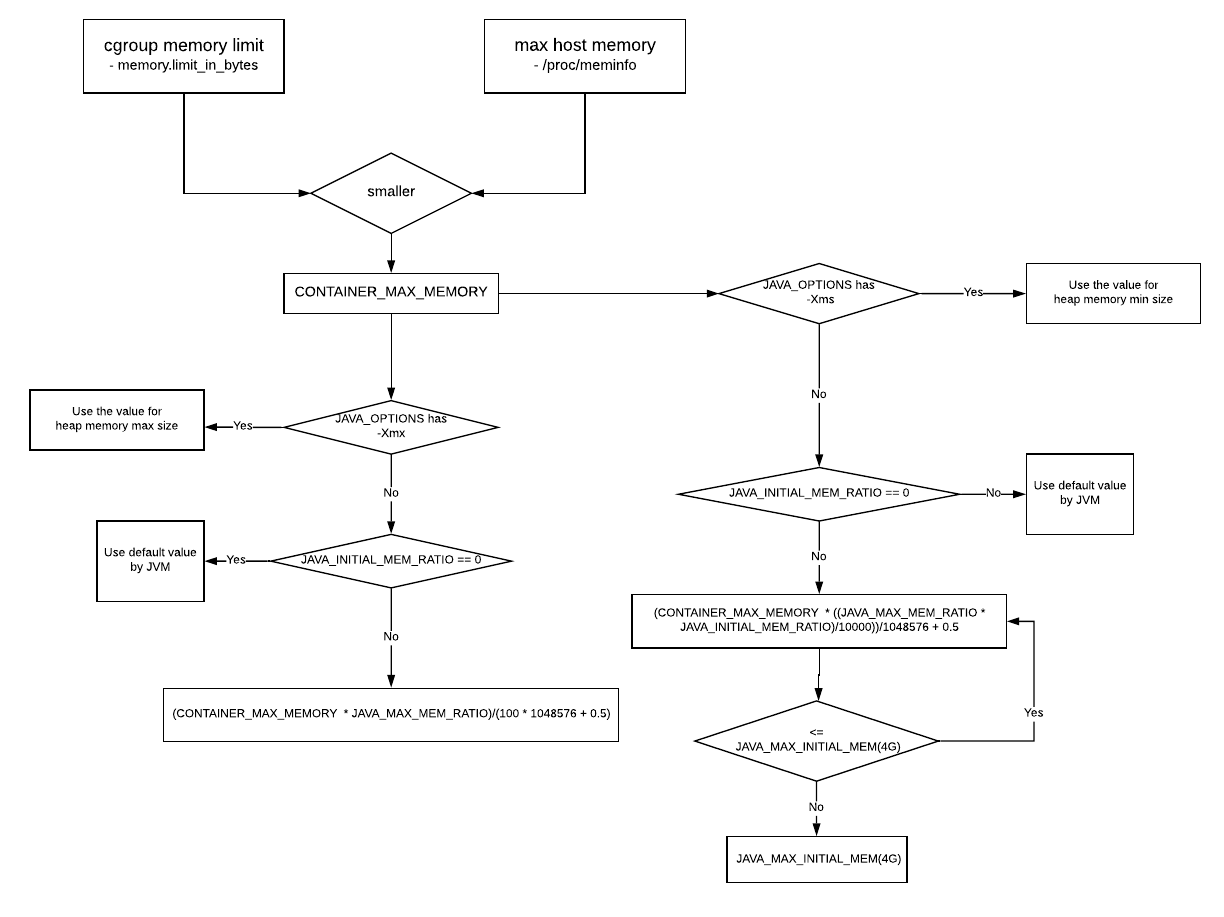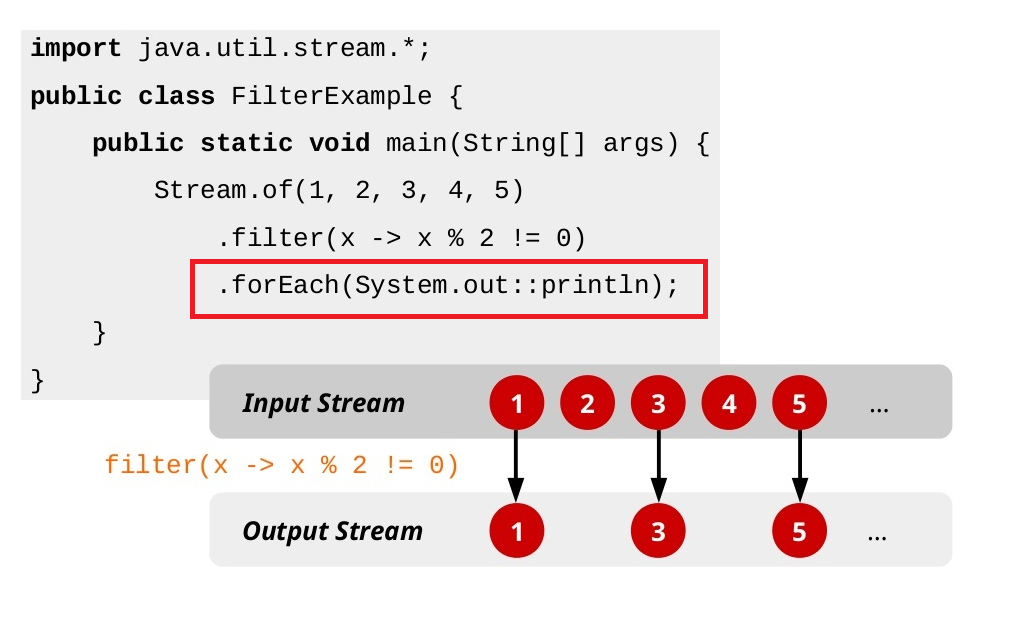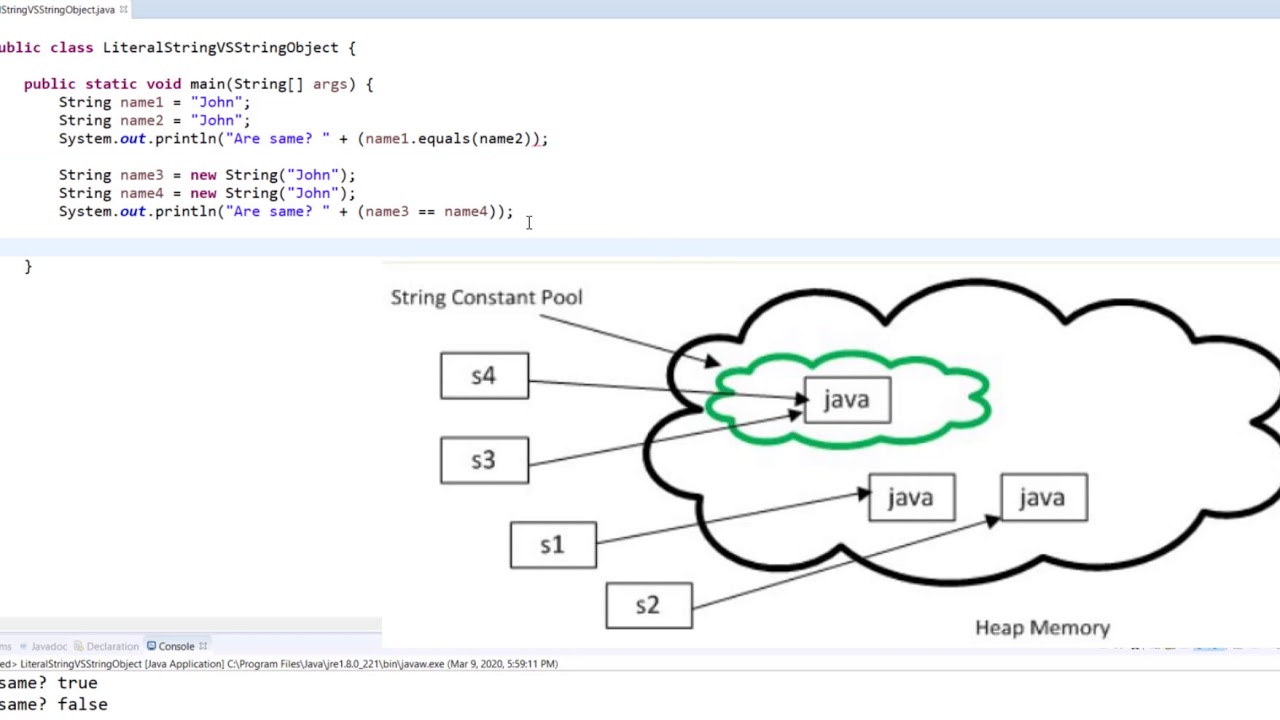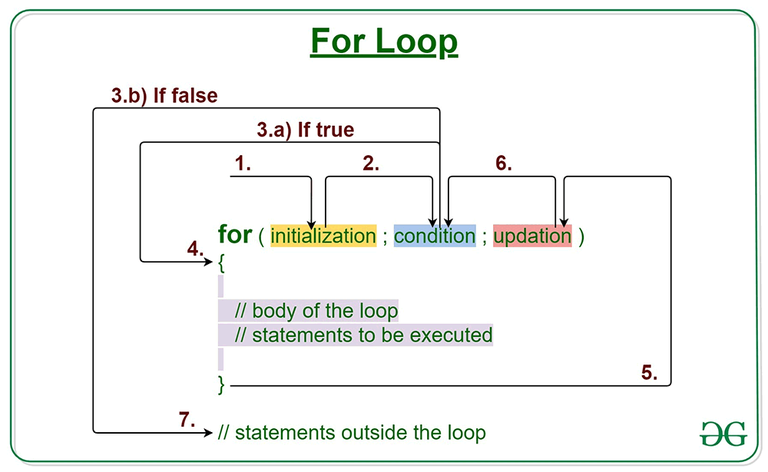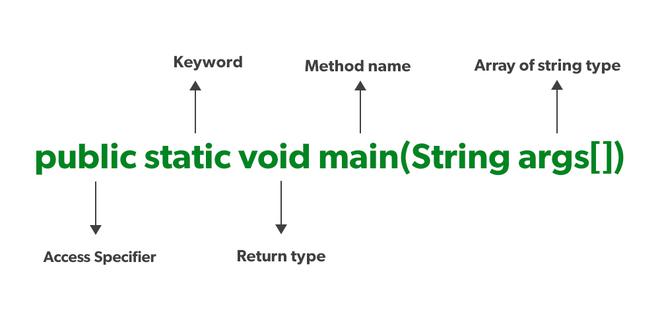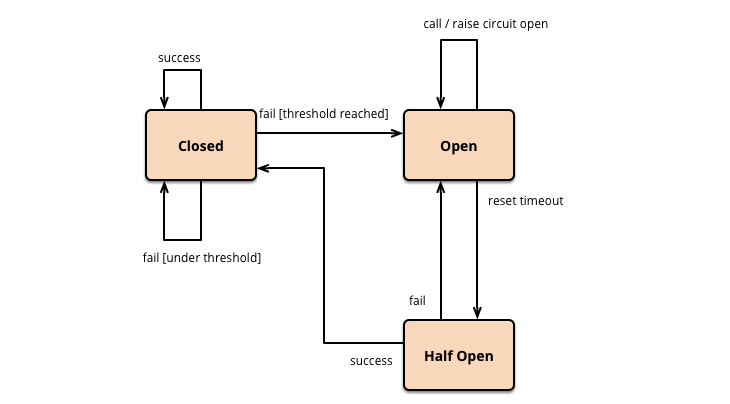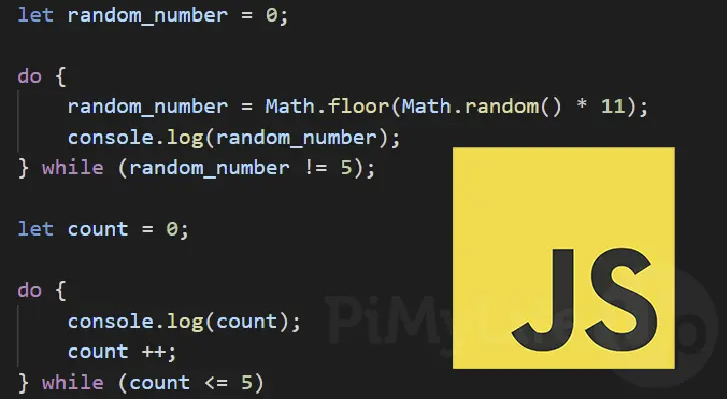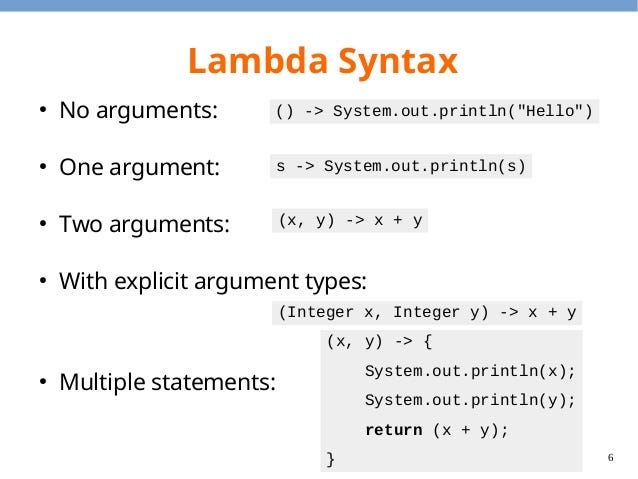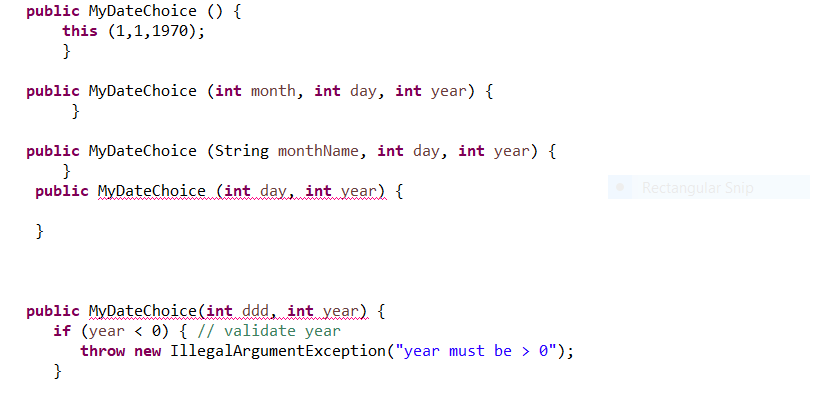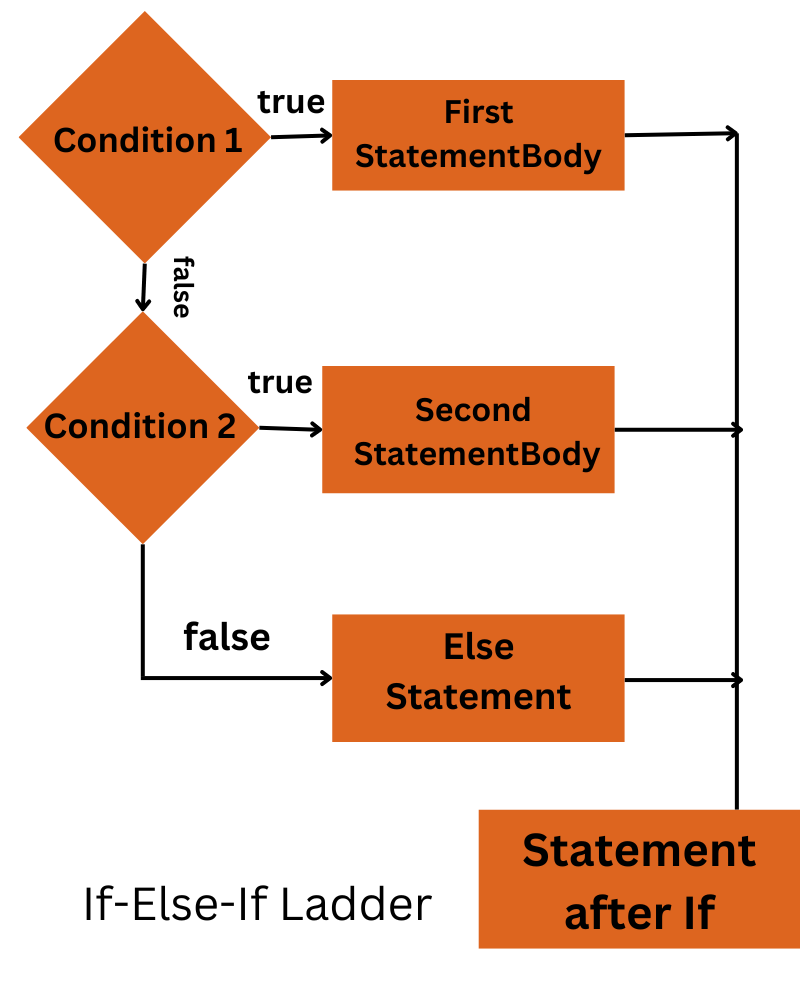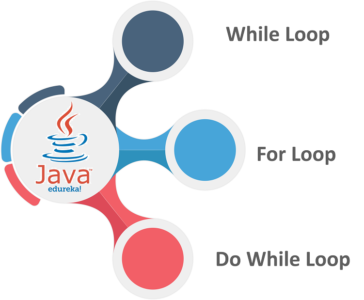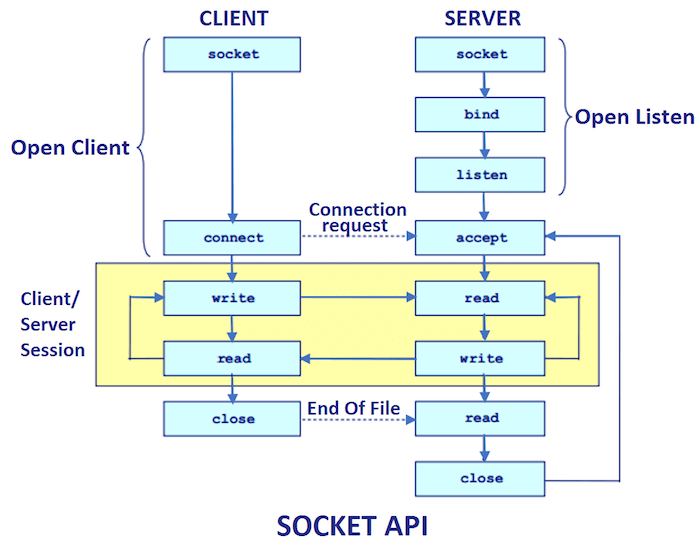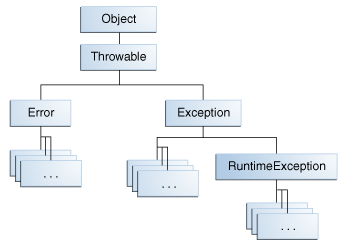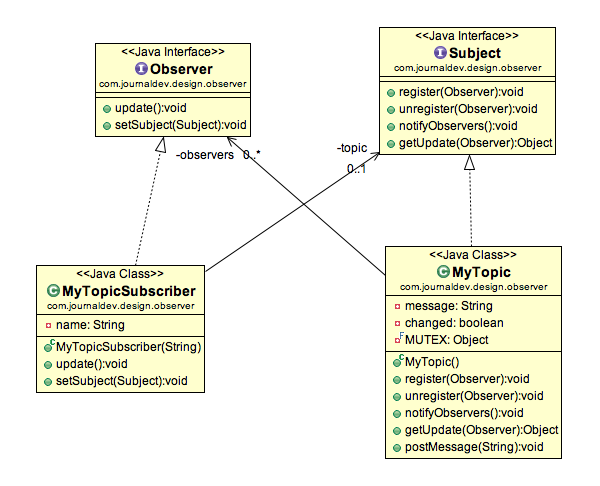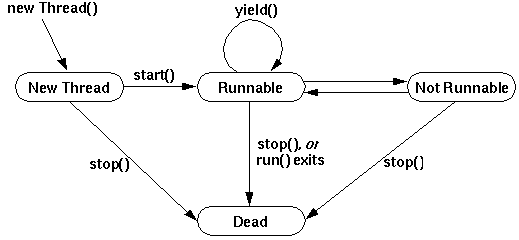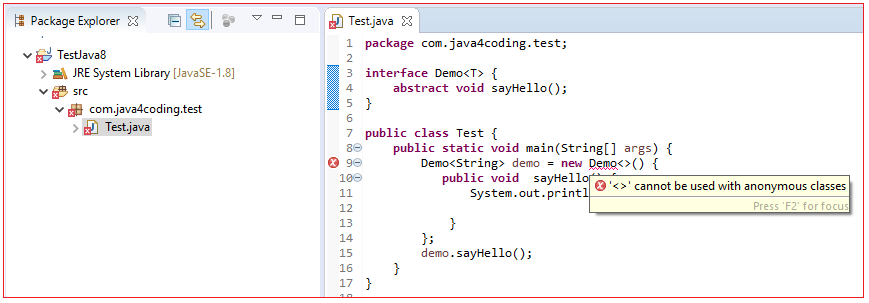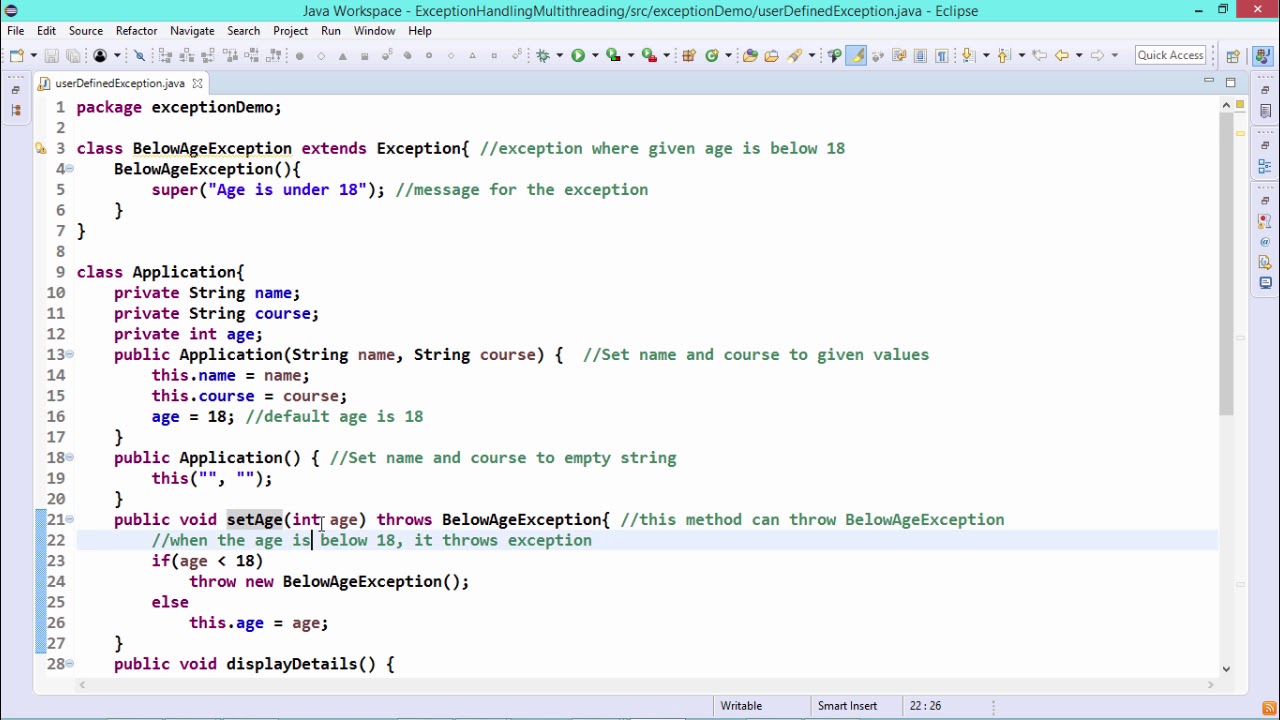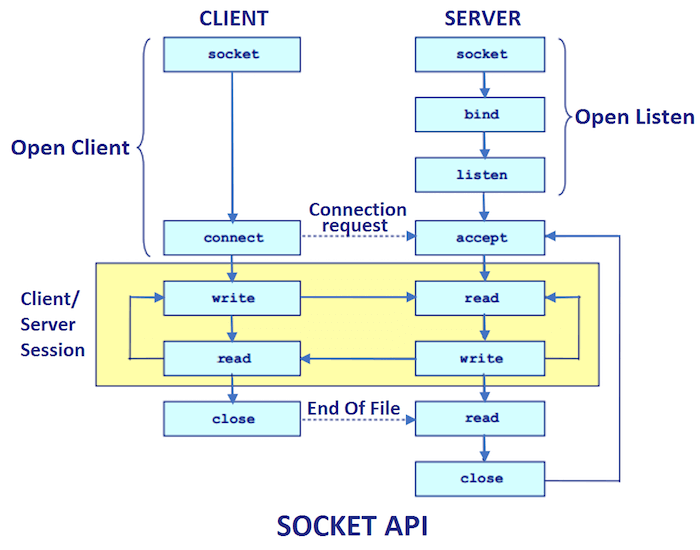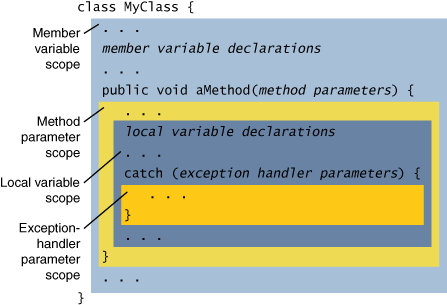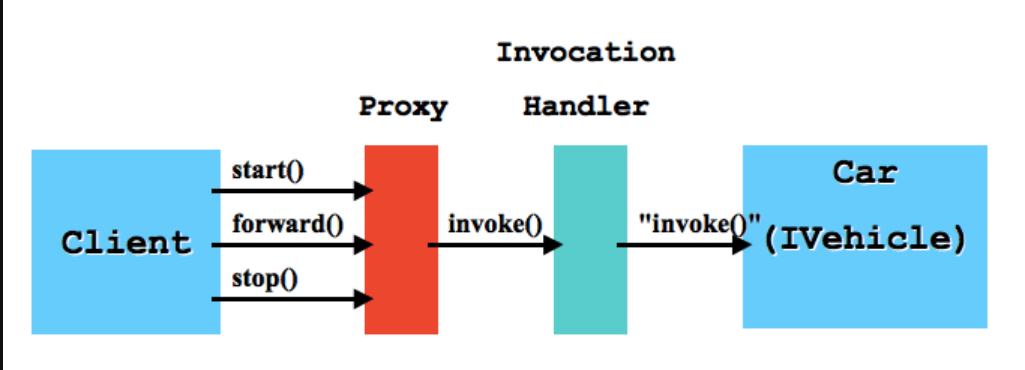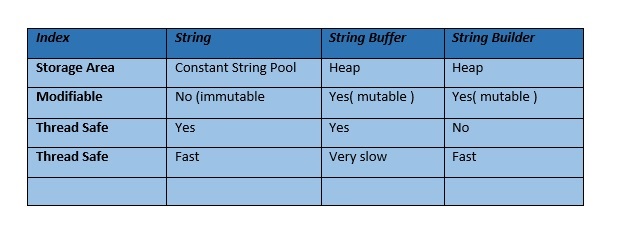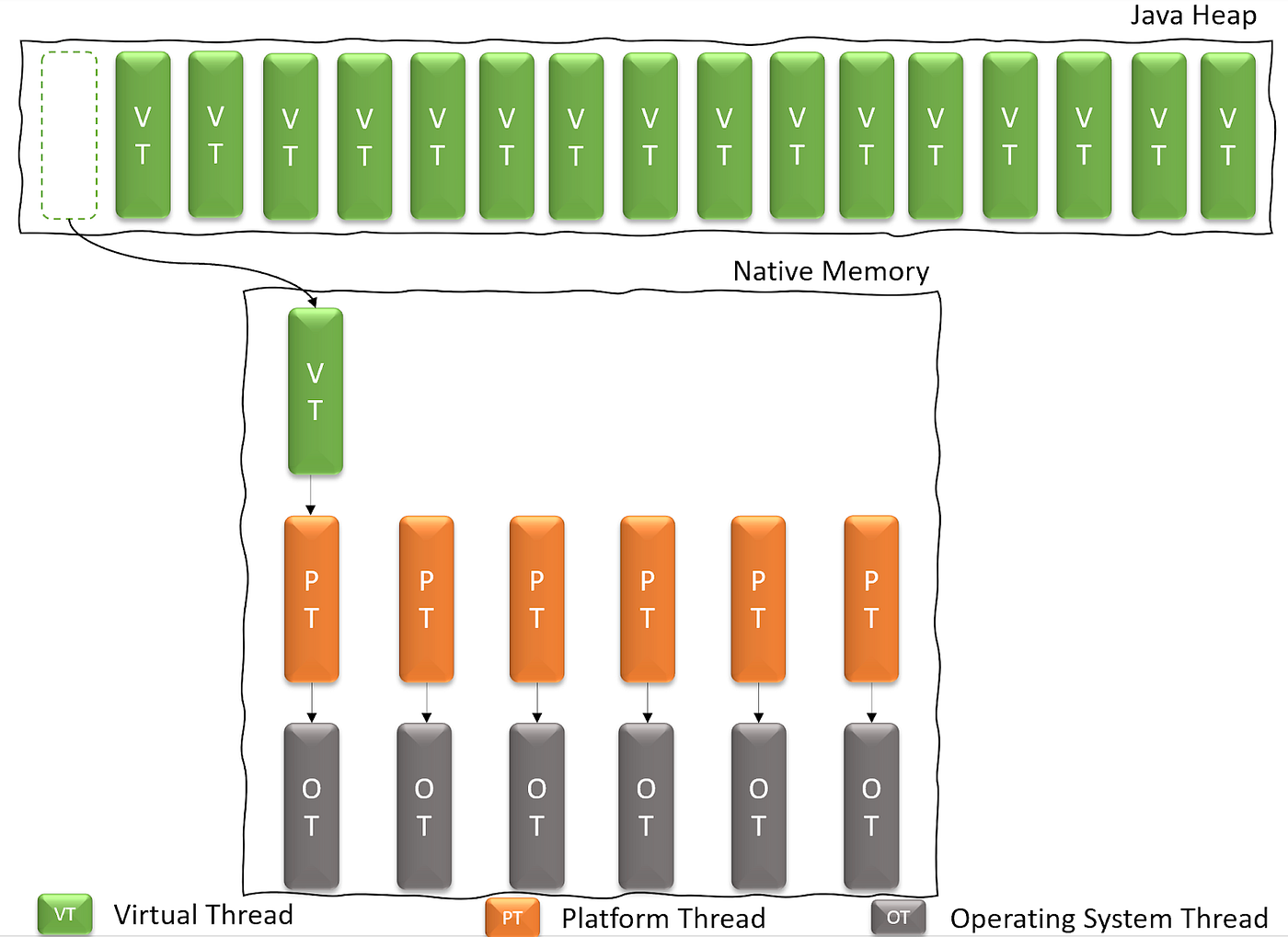What is instance and static in Java?
What is instance and static in Java?
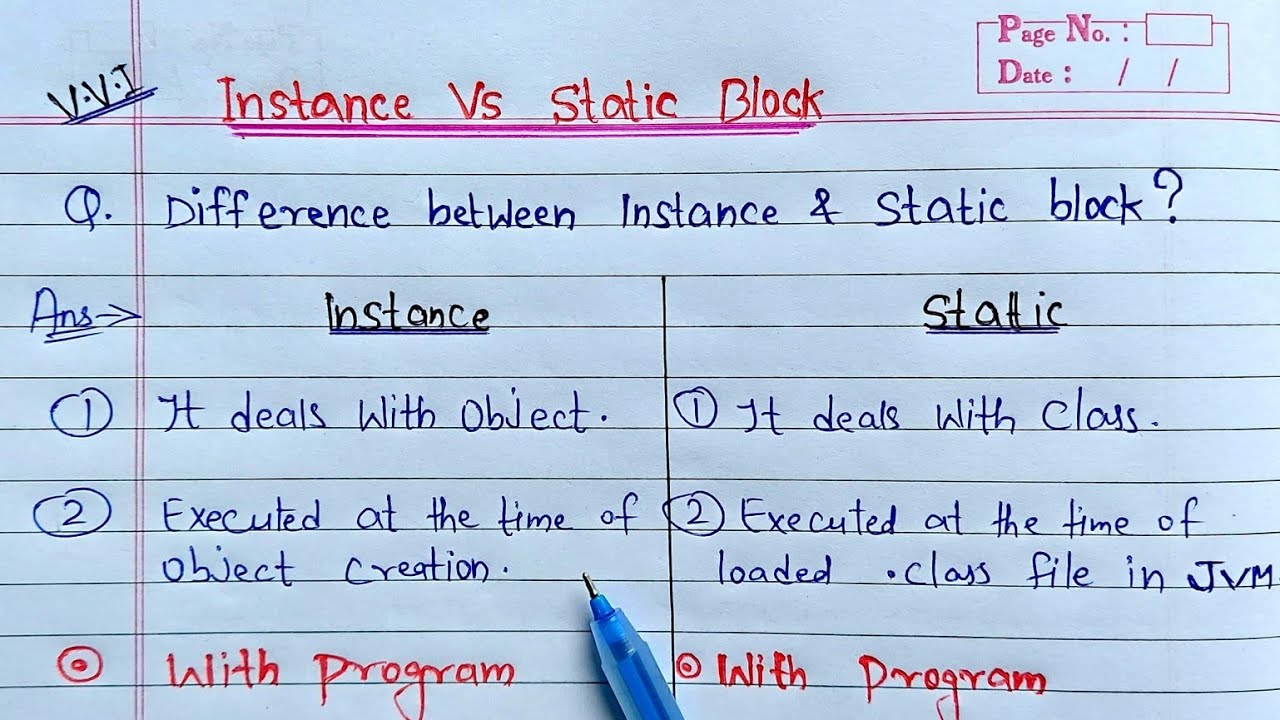
I'm glad you asked!
In Java, instance and static are two fundamental concepts that determine the scope of variables, methods, or blocks of code.
Instance
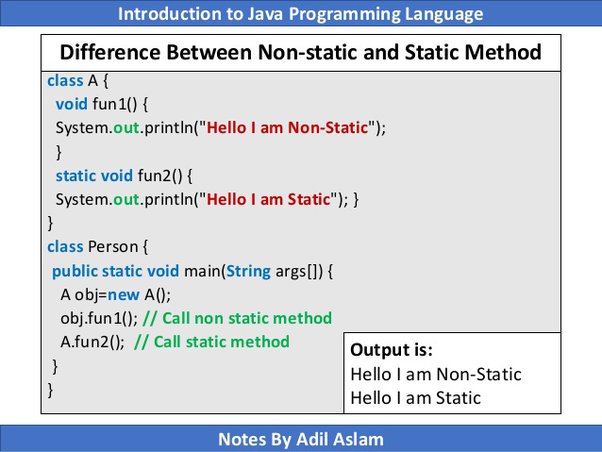
An instance in Java refers to a specific object created from a class. When you create an object from a class, it becomes an instance of that class. Each instance has its own set of attributes (data) and behaviors (methods), which are unique to that particular instance. Think of an instance like a copy of a blueprint; each copy has its own specifications, whereas the original blueprint remains unchanged.
In Java, you can think of an instance as follows:
Attributes: Each instance has its own set of attributes, which are variables specific to that instance. Behavior: Methods (functions) belonging to an instance operate on its attributes and data. Lifetime: The lifetime of an instance depends on the scope in which it was created. For example, if an instance is created within a method, its lifetime is limited to that method's execution.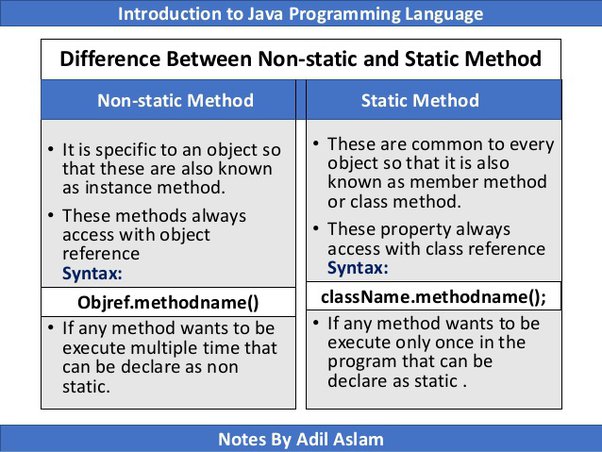
Static
The static keyword in Java is used to define variables, methods, or blocks of code that are shared among all instances of a class. In other words, static members belong to the class itself, rather than individual instances. This means that:
Key differences between instance and static:
To illustrate the difference:
public class MyClass {
// Instance variable
private int myInstanceVariable = 0;
// Static variable
public static int myStaticVariable = 0;
public void doSomething() {
// Modify instance variable
myInstanceVariable++;
// Modify static variable (shared by all instances)
myStaticVariable++;
}
}
In this example, each instance of MyClass has its own myInstanceVariable, which is incremented within the doSomething() method. The myStaticVariable is shared across all instances and also increments with each call to doSomething().
In summary:
Instance refers to a specific object created from a class. Static defines variables, methods, or blocks of code that are shared among all instances of a class.By understanding the difference between instance and static, you'll be able to write more effective, efficient, and maintainable Java code!
What is a static method in Java
I'd be happy to explain what a static method is in Java!
In Java, a static method is a method that belongs to the class itself rather than instances of the class. In other words, it can be called without creating an instance of the class. Static methods are also known as class methods or shared methods.
To understand this concept better, let's start with a brief overview of classes and objects in Java. A class is a blueprint for creating objects that encapsulate data and behavior. When you create an object from a class, it has its own set of attributes (data) and methods (behaviors) that can be used to interact with the object. Each object created from the same class will have its own copy of the attributes and methods.
Now, when you define a method inside a class, it becomes an instance method. This means that each object created from the class will have its own version of this method, which can be accessed using the dot notation (e.g., myObject.myMethod()).
However, sometimes you might want to define a method that doesn't depend on any particular object or instance. This is where static methods come in handy.
A static method, also known as a class method, belongs to the class itself rather than instances of the class. This means that there's only one copy of this method, and it can be accessed using the class name (e.g., MyClass.myStaticMethod()).
Here are some key characteristics of static methods:
No instance required: You don't need to create an instance of the class to call a static method. Just use the class name. Shared by all instances: There's only one copy of the static method, and it can be accessed by all instances of the class. No access to instance variables: Static methods cannot directly access or modify instance variables. Nothis keyword: You don't need to use the this keyword when calling a static method.
Some examples of where you might want to use static methods include:
Utility classes: If you have a utility class that provides useful functionality, such as mathematical operations or string manipulation, it makes sense to define these methods as static. Factory methods: Static methods can be used as factory methods for creating objects. For example, aMyClass might have a static method called getInstance() that creates and returns an instance of itself. Constant values: You can use static methods to return constant values or enumerations.
In summary, static methods in Java are class-level methods that don't require an instance of the class to be accessed. They're useful when you need to provide utility functionality, create objects, or return constant values.
